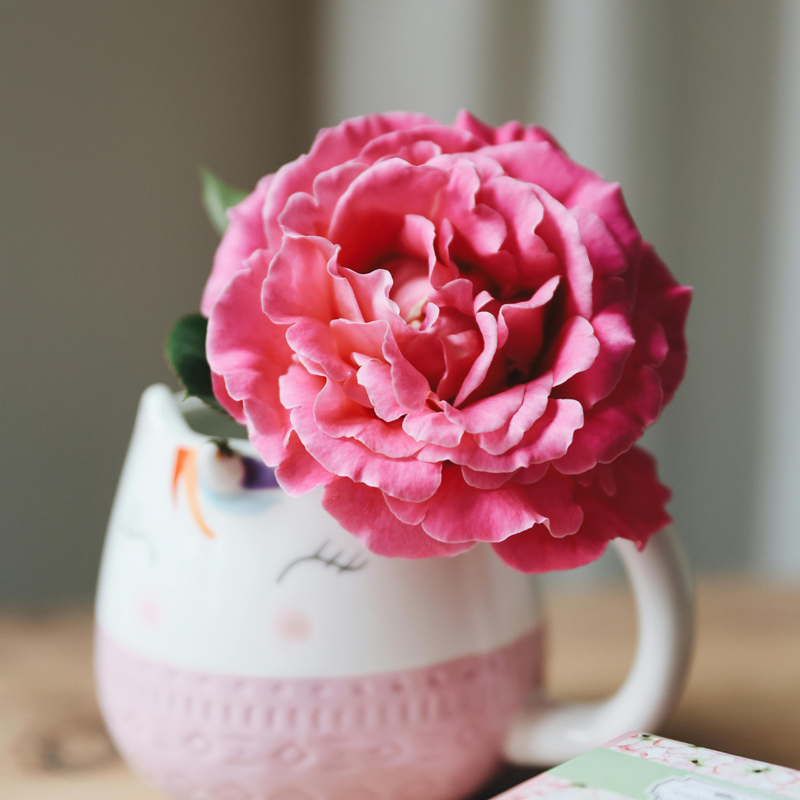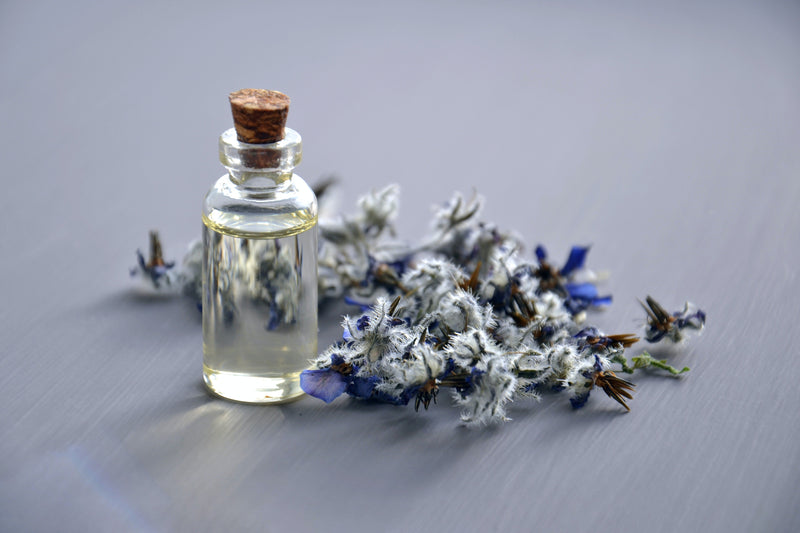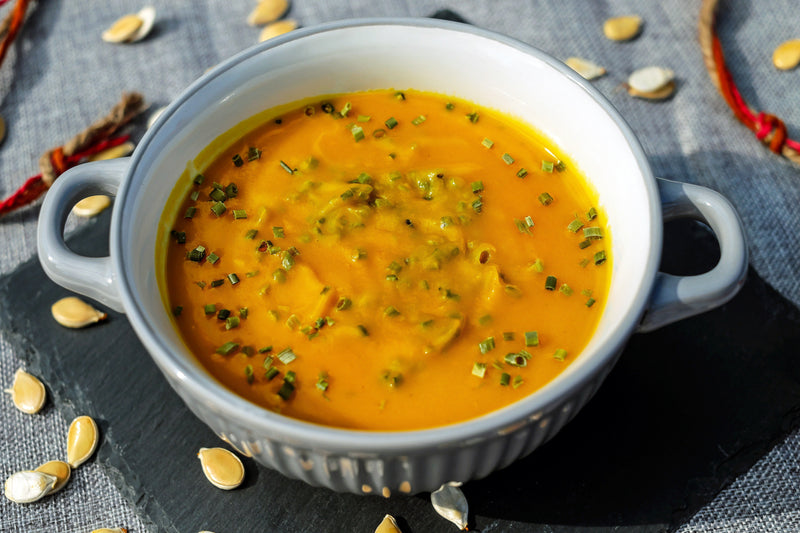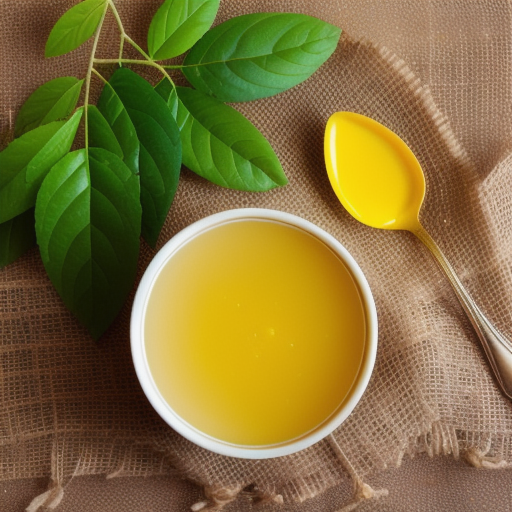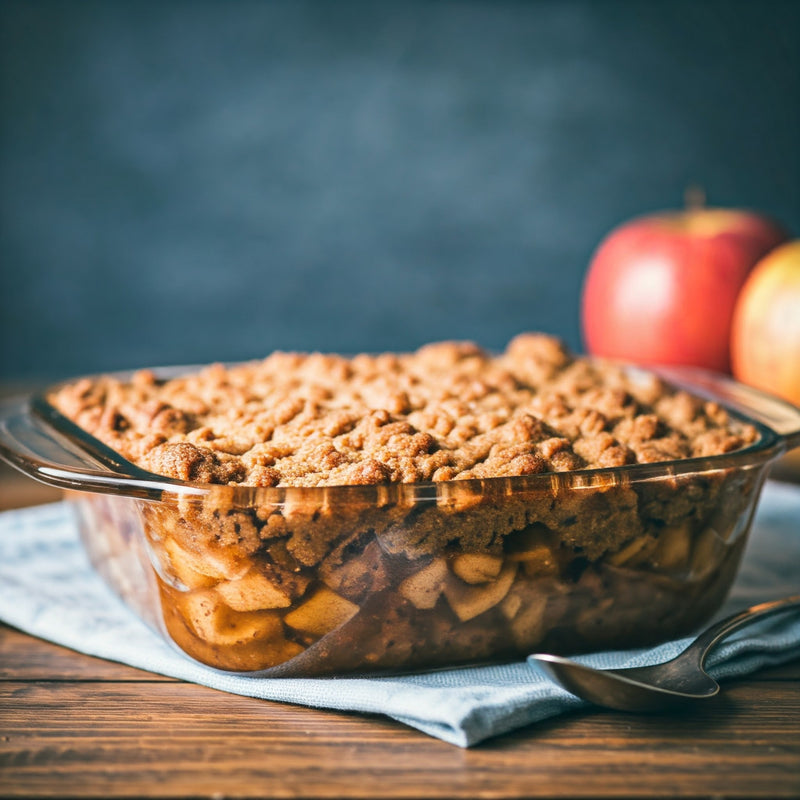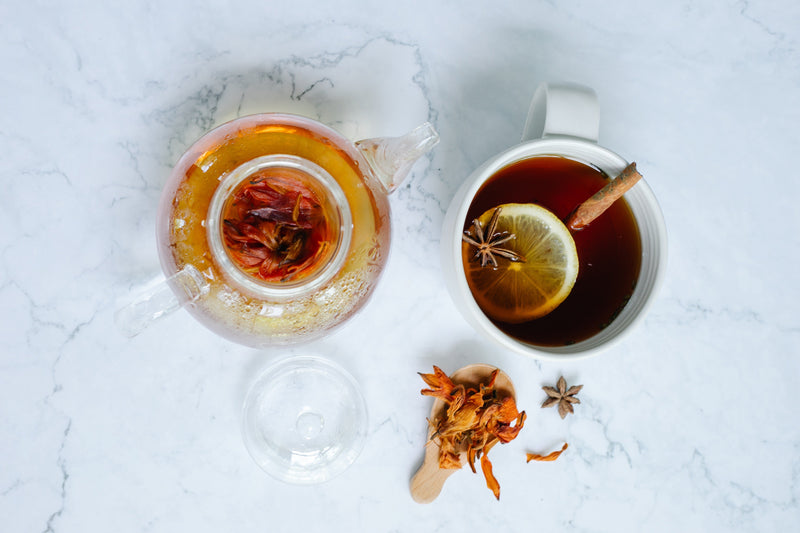Winter is a time when our immune system, which is Ojas in Ayurveda, is most vulnerable. The cold weather, dry air, and frequent changes in temperature can all be taxing for the Ojas and make us more susceptible to illness. Ayurveda, the ancient Indian system of medicine, offers a number of natural remedies to help boost immunity / Ojas and keep us healthy during the winter months.
Here are some of the best Ayurvedic and other Natural remedies for winter immunity along with some Ayurvedic formulations that can used after consulting with an Ayurvedic practitioner:
Amla

Amla, also known as Indian gooseberry, is one of the richest sources of vitamin C. Vitamin C is essential for a healthy immune system, and it can help to protect against colds, coughs, and other infections. Amla can be eaten fresh, juiced, or taken as a supplement. Ayurvedic formulation, Chyavanprash, consists of Amla as the star ingredient.
Lemon

If Amla is not available, Lemon is another great choice to boost vitamin C levels for a healthy immune system. Lemon juice can be consumed fresh, in water, in juice or squeezed over prepared food. Avoid squeezing lemon juice on boiling food as it reduces its potency.
Honey

Honey is a natural antibacterial and antiviral agent. It can also help to soothe a sore throat and relieve congestion. Honey can be eaten on its own, added to food, or made into tea.
Turmeric

Turmeric is a powerful anti-inflammatory and antioxidant spice that has been shown to boost immunity and protect against infection. It can be added to food, taken as a supplement, or made into a golden milk drink. Check this recipe on how to make golden milk.
Ginger

Ginger is another Ayurvedic herb that is known for its immune-boosting properties. It has anti-inflammatory and antiviral effects, and it can help to soothe a sore throat and relieve congestion. Ginger can be added to food, made into herbal tea, or taken as a supplement.
Garlic

Garlic is a powerful antimicrobial and antiviral food that has been shown to boost immunity and protect against infection. It can be eaten raw, cooked, or taken as a supplement depending on your Prakriti.
Black pepper

In Ayurveda, black pepper is considered a versatile spice with numerous health benefits, including boosting immunity. It is believed to enhance the absorption of nutrients and promote digestive health, both of which contribute to a stronger immune system. Additionally, black pepper possesses antioxidant and anti-inflammatory properties, which help protect the body from harmful substances and reduce inflammation that can weaken the immune response.
Black pepper can be consumed in herbal teas (see recipe), golden milk (see recipe) or added to foods. Red and green chillies in food can be replaced with black pepper to reduce inflammatory effect of food.
Tulsi

Tulsi, also known as holy basil, is a sacred herb in Ayurveda that is known for its many health benefits. It is a natural antibiotic and antiviral, and it can help to boost immunity and fight infection. Tulsi leaves can be added to food, made into tea (see recipe), or taken as a supplement.
Ashwagandha

Ashwagandha is an adaptogenic herb that has been used in Ayurveda for centuries to promote overall health and well-being. It is also known for its potential immune-boosting properties. It has anti-inflammatory properties, reduces stress-induced immune suppression and improves sleep quality - all of which are essential in staying away from illness. It can be consumed as tea (see recipe), added to golden milk (see recipe) or as a supplement.
If you are considering using Ashwagandha, it is important to talk to your doctor to make sure it is right for you. Ashwagandha stimulates the immune system. Some people may experience side effects from Ashwagandha.
Elderberry

Elderberry is not an Ayurvedic herb, but it is a traditional European herb that has been used for centuries to treat colds, flu, and other viral infections. It is packed with antioxidants and vitamins, which help to boost immunity and fight infection.Elderberry can be taken as a syrup, tincture, or capsule.
Ayurvedic remedies and elderberries may be used together to boost immunity. For example, you can take an Ayurvedic herbal supplement, such as Chyawanprash, and also take elderberry syrup. You can also add elderberries to your Ayurvedic diet by eating elderberry jam or drinking elderberry tea. However the raw berries, bark and leaves are poisonous.
Another combination is to use elderberry concoctions with ashwagandha, to act synchronously on the respiratory system, immune system and reduce stress levels.
Echinacea

Echinacea is not an Ayurvedic herb. It is a native North American flowering plant that has been used by Native Americans for centuries to treat a variety of ailments. Echinacea is now a popular herbal supplement that is often used to boost immunity and fight infection.
While echinacea is not an Ayurvedic herb, it can be used safely and effectively in conjunction with Ayurvedic remedies to boost immunity. If you are considering using echinacea, it is important to talk to your doctor to make sure it is right for you. Echinacea stimulates the immune system. Some people may experience side effects from echinacea, such as skin rash, stomach upset, and headache. It is important to start with a low dose and make sure it is safe for you.
[Note: This blog post may contain affiliate links, which means if you make a purchase through them, we may earn a small commission at no extra cost to you. You may even receive discounts on certain products. We only recommend products we genuinely believe in and use ourselves. Thank you for supporting Prakriti Sattva! ]
Some of the Ayurvedic formulations that may be useful in boosting immunity as well as bringing relief from colds, coughs and fevers include:
Chyavanprash | Chyawanprash | Chyavanaprasam
Chyavanprash is a herbal jam made with a variety of immunity-boosting ingredients, including amla (Indian gooseberry), Dashamula herbs, and ashwagandha. It is a popular Ayurvedic remedy for colds, coughs, and other respiratory infections. Chyavanprash can be taken daily, either on its own or mixed with milk or warm water to protect against infection and post recovery from infection to build back the Ojas / Immunity.

Nasya therapy
Nasya therapy is an Ayurvedic treatment that involves applying a few drops of oil to the nasal passages. It is believed to help to clear the sinuses, boost immunity, and improve overall health. It also forms an additional layer of protection for the sinuses against airborne sickness.
To perform nasya therapy, simply lie down on your back with your head tilted back. Apply 2-3 drops of oil to each nostril and gently massage. You can use sesame oil, ghee or Ayurvedic Nasya oil.

Amalaki Rasayana
Amalaki Rasayana is an Ayurvedic traditional herbal formulation that is highly regarded for its rejuvenating and health-promoting properties. It is primarily composed of Amla (Phyllanthus emblica), revered in Ayurveda for its exceptional nutritional value and therapeutic applications.

Kerala Ayurveda USA Amalaki Rasayana
Diet and Lifestyle
In addition to taking these remedies, it is also important to follow a healthy lifestyle to boost your immunity during the winter months. This includes eating a balanced diet, getting regular exercise, and getting enough sleep. Winter is a season for festivities, staying balanced in diet and lifestyle is even more of a challenge!
Here are some additional tips for boosting immunity during the winter months:
- Avoid processed foods, sugary drinks, and excessive amounts of caffeine and alcohol.
- Eat plenty of fruits, vegetables, and whole grains.
- Drink plenty of fluids, especially water and herbal teas.
- Get at least 7-8 hours of sleep per night.
- Manage stress levels. Stress can weaken the immune system, so it is important to find healthy ways to manage stress, such as yoga, meditation, or spending time in nature.
By following these tips and taking Ayurvedic and natural remedies, you can boost your immunity and stay healthy during the winter months.
Please note: This post is not medically qualified. This post is written by an Ayurvedic Wellness Practitioner. If you have even the slightest doubt about any of these herbs formulations and/or their ingredients, please consult with your doctor about them before using them.











